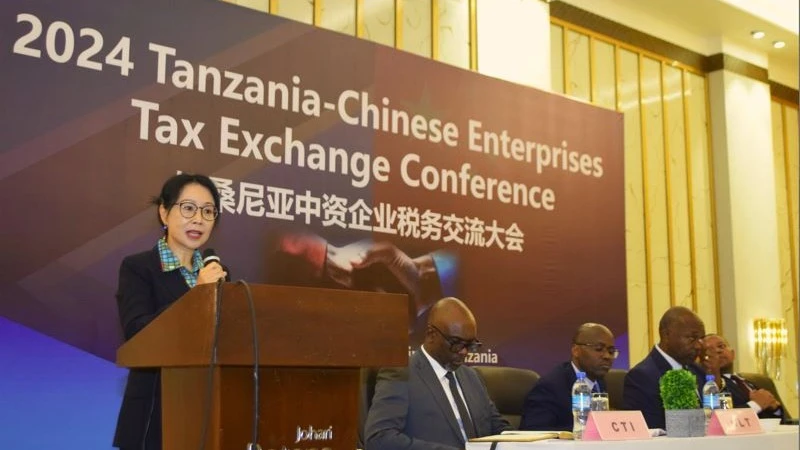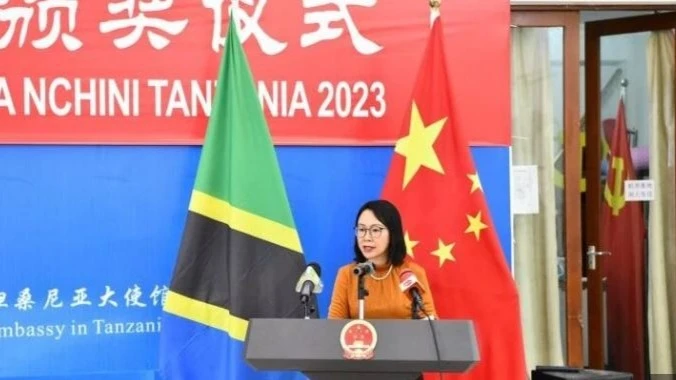New UK trade scheme vital in partnerships, uplifting exports

THOSE fond of tracking and exploiting new opportunities have plenty to work upon in the aftermath of a seminar on business opportunities in the UK and its Developing Countries Trade Scheme (DCTS).
Tanzanian business leaders were put through the motions of how the trade arrangement works, which is likely to differ from available arrangements in the details, not the concept.
The US scheme, the African Growth and Opportunity Act (AGOA), does not visibly involve incentives for creating partnerships with US firms.
What the seminar was basically preoccupied with was that Tanzanian exporters need to produce quality products consonant with international standards.
In that case, that would involve trying to figure out what the ministerial authorities can do to ensure that these quality improvements or gains are taken on board.
An auxiliary aspect was that, under the scheme, UK companies will able to forge partnerships with local firms. The principal aim is that such synergy boosts the competitiveness of manufactured goods for the UK market. True enough – but there is plenty more.
Then there was the more outlandish issue of addressing the trade gap with the UK, where at present Tanzania exports just over one-tenth of what it buys from the UK.
It is hard to see Tanzania closing the gap unless the UK actually outsourced a broad portion of its needs in manufactured goods and even in agriculture.
There would also have to be a proviso that Tanzania becomes the outsourcing venue of choice for a significant number of its larger outsourcing companies. That sort of projection can only arise from a long-term policy trend and not from seminar inputs.
Forming consistent and numerous enough partnerships is a sort of common market, as it is a situation where the right of establishment is recognised – and hence the right to purchase property as well.
What is known as partnerships isn’t always a situation where business operators meet and opt for a common strategy. Rather, it has to do with stocks and other property markets.
A potential investor chooses what going company or one that has a market base and is not doing well. That firm is subsequently purchased and takes a new look in so doing, but it is hard to see that here now.
While attempts to bring about such partnerships by share sale failed with state companies in the 2000 to 2005 period, indications are that the private sector isn’t quite amenable to that sort of arrangement either.
It is more effective to set up branches of offer franchises to use the group brand name, technology and wider networking structures to enable the group to take up a portion of the outlying global market zone.
Representative roles for UK firms are possible as is brand sharing by setting up autonomous firms recognisable as part of the wider network, while outright purchasing of local firms is still somewhat held at bay.
There are limitations as to the sort of synergies that can be created with UK firms in particular, and how far the UK seeks to outsource productive activity to avoid the high wages in the UK and elsewhere isn’t clear yet.
Strictly speaking, these are fewer issues of policy than individual investment strategies of specific firms that add up to a national aggregate.
Top Headlines
© 2024 IPPMEDIA.COM. ALL RIGHTS RESERVED

















